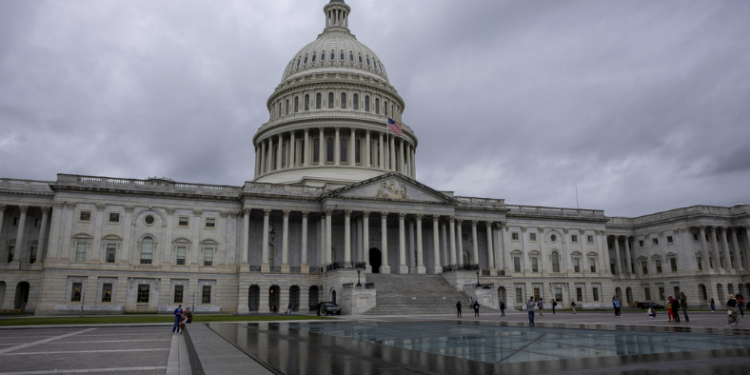Dec 26, 2024 Story by: Publisher
The 2024 battle between Democrats and Republicans for control of the House may have resulted in a continuation of the status quo, but it revealed critical insights upon closer examination.
In 2022, Republicans gained nine Democratic seats, securing a slim majority of 222–213. This year, Republicans maintained control, though with a slightly smaller majority of 220–215. (With Florida Rep. Matt Gaetz’s resignation and two additional expected vacancies in January due to Trump administration appointments, this majority is anticipated to temporarily shrink to 217–215.)
The Role of Gerrymandering and Redistricting Reforms
The 2024 election highlighted the influence of gerrymandering, the effects of redistricting reforms, and the courts’ role in shaping electoral fairness—both positively and negatively.
Limited Competition but Uncertain Outcomes
Heading into Election Day, Cook Political Report categorized only 27 House districts as competitive. Other forecasters identified even fewer toss-ups and lean districts. Ultimately, just 37 districts — 22 won by Democrats and 15 by Republicans — were decided by margins of five percentage points or less, with only 19 flipping between parties.
In stark contrast, over 4 in 5 districts were won by comfortable margins of 10 or more percentage points, including 169 districts for Democrats and 198 for Republicans (representing 90% of the GOP majority). Nearly 60% of districts saw winning candidates prevail by margins of 25 or more percentage points, and there were more districts won by margins of 40–50 percentage points (55 in total) than those decided by fewer than five points.
While not entirely due to gerrymandering, the lack of competitiveness in many districts was strongly influenced by who controlled the map-drawing process. For instance, Republican-drawn maps often reduced competitiveness.
The Effects of Republican-Drawn Maps
Republicans were responsible for 184 districts — 42% of all congressional districts — concentrated in Southern states with ideologically diverse suburbs. In 2024, however, only 8 of these districts were decided by five or fewer points, representing just 4% of such districts.
By contrast, independent commissions drew only 82 districts but produced 12 competitive districts, making them over three times more likely to foster competition. This disparity was particularly striking in the South, where just 2 out of 111 Republican-won districts were decided by fewer than 10 points, and only 1 by fewer than 5 points.
Ironically, by creating so many super-safe districts, Republicans may have limited the scale of their 2024 victories. Despite winning the national House vote by a larger margin than in 2022, their majority shrank slightly.
Texas as a Case Study
In Texas, Republicans, aware of a steadily more Democratic electorate, opted to protect GOP incumbents rather than target Democratic-held seats during redistricting. This strategy concentrated Republican voters into overwhelmingly safe districts. While this approach secured GOP incumbents, it left few swing districts to gain in strong Republican years, making many Democratic seats equally safe.
The Impact of Post-2022 Gerrymanders
Gerrymandering after the 2022 midterms proved pivotal in 2024, with changes in states like North Carolina and Georgia having a decisive impact.
North Carolina
In North Carolina, the state supreme court overturned previous anti-gerrymandering precedents, allowing Republicans to redraw the map. The fairer 7–7 map used in 2022 was replaced by a heavily skewed map, yielding a 10–4 Republican advantage. In some cases, shifts of as few as 3,152 votes could have produced an 11–3 outcome in favor of Republicans. Despite Democrats winning over 46% of congressional votes, they secured only 29% of seats.
Georgia
In Georgia, court-ordered redistricting created a new Black-majority district compliant with the Voting Rights Act. However, Republican lawmakers offset this by dismantling a multiracial district that had elected a Democrat in 2022. This shift helped maintain Georgia’s congressional delegation at nine Republicans and five Democrats.
Without gerrymanders in North Carolina and Georgia, Democrats likely could have secured a narrow majority of 219–216 before accounting for vacancies.
A Broader Perspective on Gerrymandering
A Brennan Center study revealed that gerrymandering, predominantly in the South and Midwest, gives Republicans a significant net advantage. States like Florida and Texas exhibit large multi-seat skews, while smaller effects in Tennessee, South Carolina, and Utah also contributed to Democratic challenges. Source: Brennan Center

















